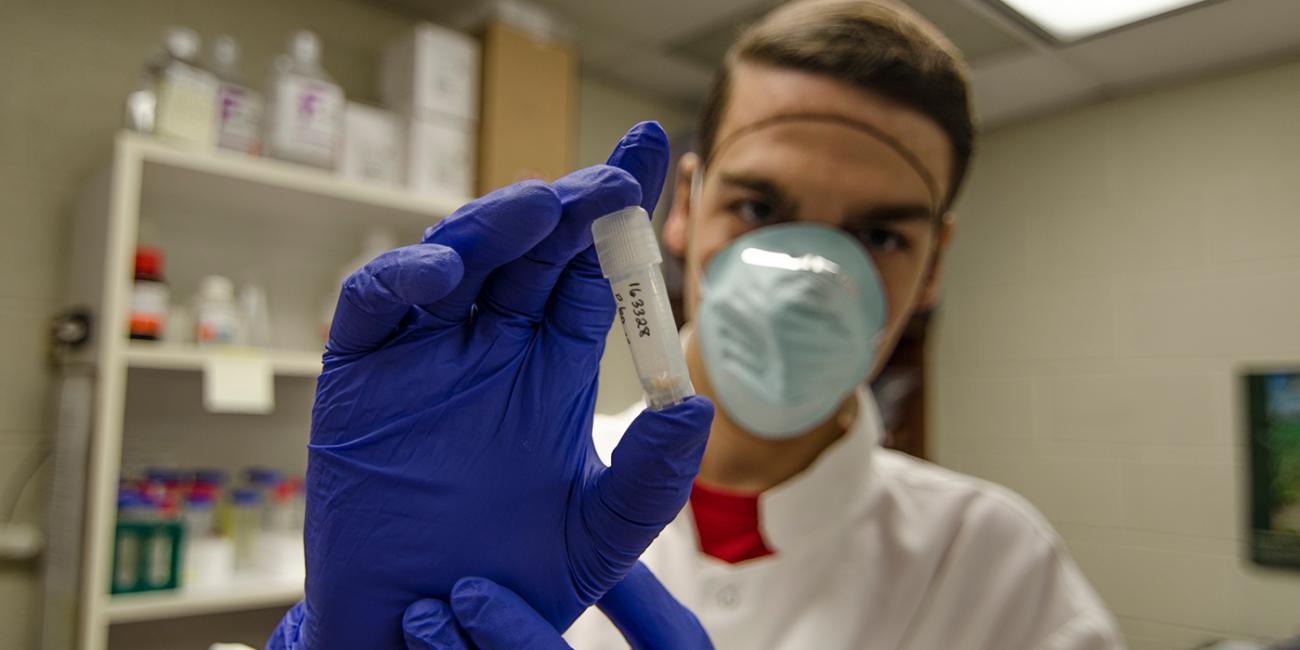Biography
E. Emperatriz Gamero is currently a fellow at the Smithsonian Conservation Biology Institute's Center for Conservation Genomics, where she conducts lab work for her master's degree. Her research aims to propose a phylogenetic hypothesis about the origins of the endemic and critically endangered Margarita capuchin, and its divergence from mainland capuchins. She hopes to examine longstanding questions about specific versus subspecific status of the species based on their colonization of Margarita Island.
Gamero's projects include:
- Genetic bases for the conservation of the Critically-Endangered Margarita Capuchin (Sapajus apella margaritae) endemic to Margarita Island, Venezuela.
She trained originally in cell biology and education and conducted her undergraduate thesis work in microbiology using molecular genetic tools. Following graduation, she joined IVIC as a staff research professional, working on genes involved in the cell cycle of the human pathogen mycobacterium tuberculosis. In 2008, she shifted to research focused on building the genetic bases for the conservation of threatened Venezuelan taxa and has collaborated in projects focused on red siskins, Orinoco crocodiles and green sea turtles.


